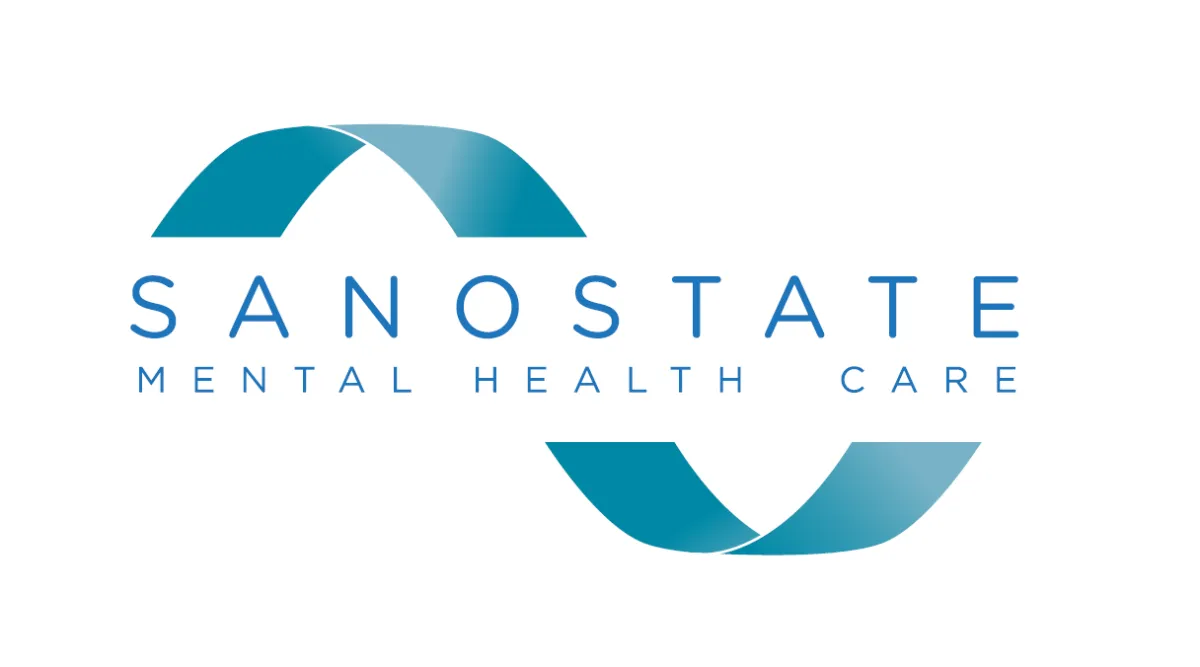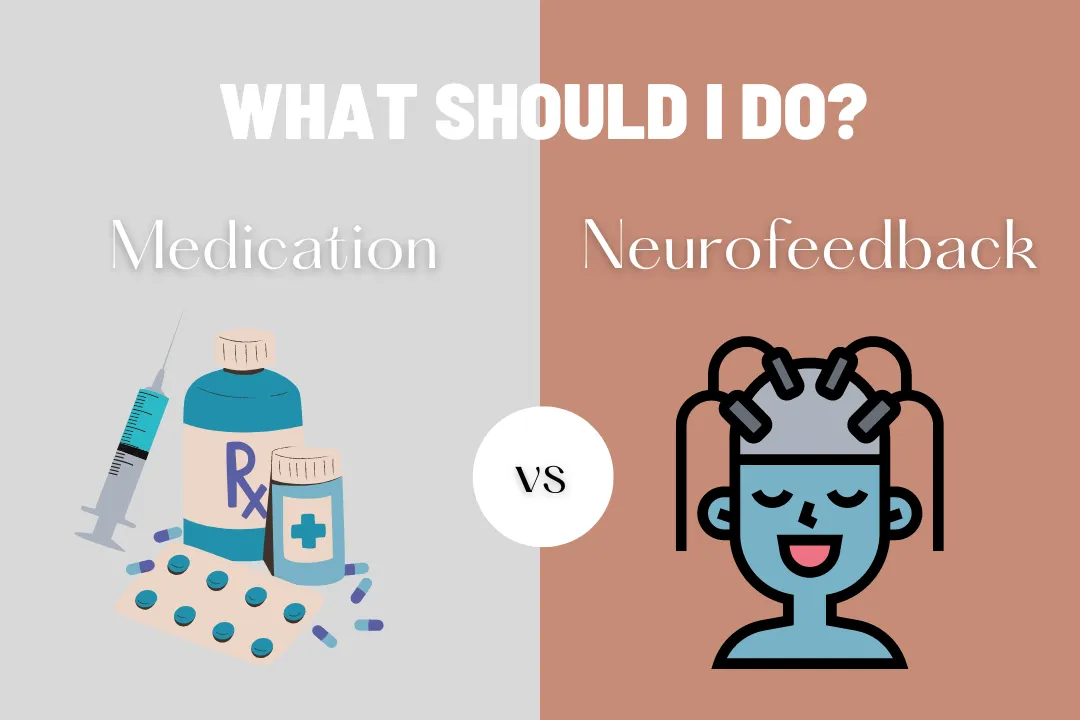General Inquiries: (587) 333-6349 - info@sanostate.com



Neurofeedback VS Medications
“It is healthy to consider both what science says and what your comfort level is in making your health decisions.”
People commonly ask what is better, Neurofeedback (NFB) or medication, so let’s compare the two. One way to look at this is by understanding that brain function requires both electrical and chemical signals. An electrical signal moves along the individual brain cells, whereas chemical signals occur in the tiny gaps betweenbrain cells. So, a message can move along as an electrical signal, then a chemical, then electrical, then chemical and so on. Medications are intended to affect the chemical part, and neurofeedback is intended to affect the electrical part. But remember, the brain is much more complicated than anything you can imagine! This is just a simplified way to look at it.
It is nice that there are options in mental health, and medication and neurofeedback are only two of them! They can be done together, and it is possible to enjoy the benefits of both. But, it is also reasonable to use only one of them and still benefit.
You might find yourself asking, “Well, what should I do?” The answer is really dependant on the situation. First and foremost, you can speak with one of our professionals about your needs via email, phone, video call, or in-person. Here are some of the things we consider in decision making:
What are you wanting to achieve?
Think of the things you want less of, and the things you want more of. Maybe there is something you want to stop, or something you want to change.
Have you tried medications or NFB in the past, and how was that experience?
Whether or not medicine was helpful doesn’t seem to predict if NFB will help or not… and vice versa. But if you have tried one with good results in the past, that is a good indicator that it could be helpful in the future. Maybe if you’ve had a negative experience with one or the other, you will be more reluctant to try it again.
What is your lifestyle and schedule like, what kind of commitments are you able and willing to make?
Some clients live a long distance away from our clinics, or might spend a lot of time away for work or study which can make in-office visits more difficult.
What are your personal preferences, and your understanding of each?
It is healthy to consider both what science says and what your comfort level is in making your health decisions.
Let’s look at a pros and cons list for each.
Medication
Pros:
Some are very quick acting
Covered by insurance
Easy to administer
Cons:
Side effects are likely to occur, and in some cases can be serious
We don’t have a “cure” for mental health issues, they all wear off, often in under a day
Some can be addictive, and a brain can build tolerance
Neurofeedback (NFB)
Pros:
Non-invasive
Very safe – side effects are rare, short lasting, can be untrained, and are only slightly uncomfortable like a headache, irritability, or fatigue.
Covered by insurance
Long-lasting results
Additional “side-benefits” are almost always seen
Cons:
Immediate results are uncommon, it usually takes some time to notice benefits
Requires a commitment of several hours of sessions over a number of weeks or months
Results are not guaranteed. That said, nothing in life is really guaranteed, even good outcomes from medication.
We understand that your health care is very important, and it can be difficult to choose what might be the better option for you or your loved ones. This is why you should consult with a professional that has education and experience with the treatment types you are considering.
We offer free information sessions and would love to meet to discuss. Call 587-333-6349 to connect or click here. 💙
General Inquiries:
Our Locations:
Additional Resources:
About Us:
We strive for excellence in psychological treatment. We are committed to providing professional, caring, innovative, and research-based services.
© 2024 Sano State Taylored Psychology. All Rights Reserved.

